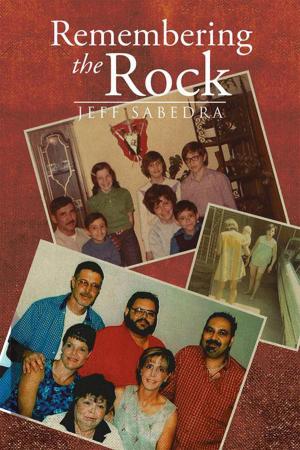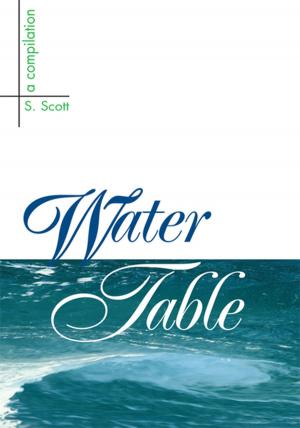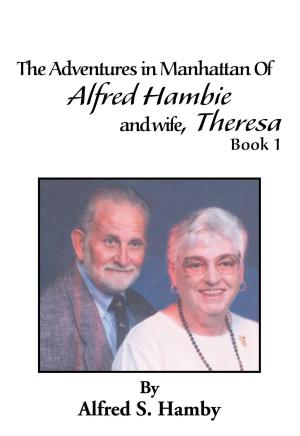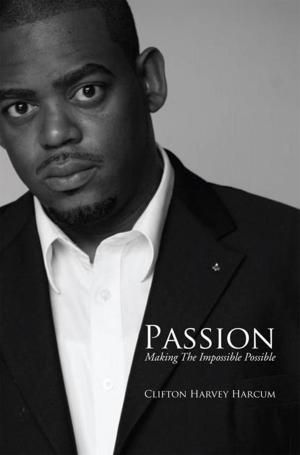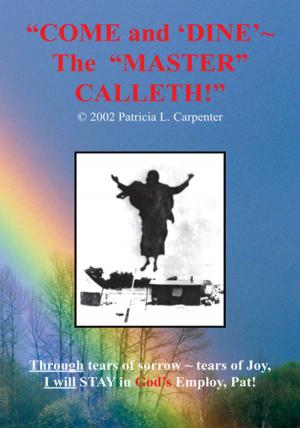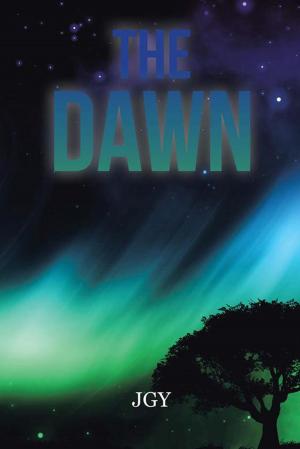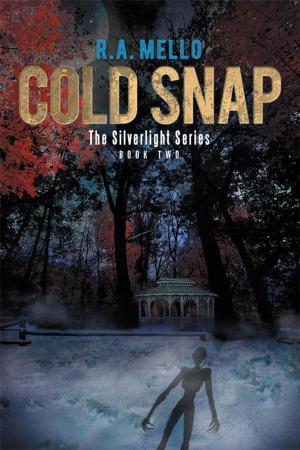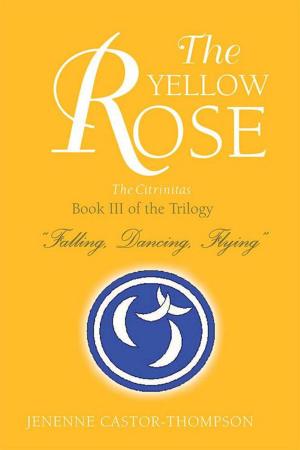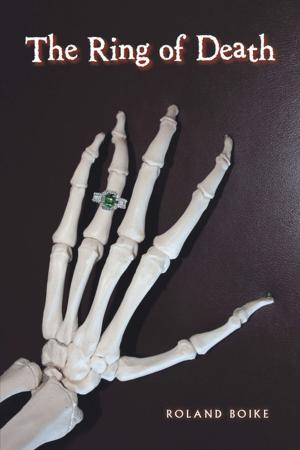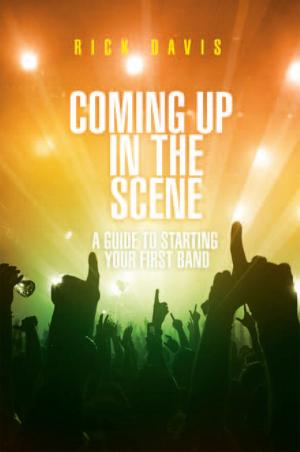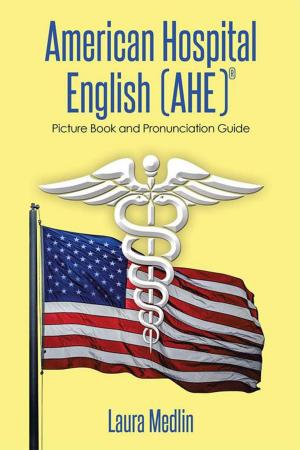| Author: | Robert E. Leihy | ISBN: | 9781456872533 |
| Publisher: | Xlibris US | Publication: | February 16, 2011 |
| Imprint: | Xlibris US | Language: | English |
| Author: | Robert E. Leihy |
| ISBN: | 9781456872533 |
| Publisher: | Xlibris US |
| Publication: | February 16, 2011 |
| Imprint: | Xlibris US |
| Language: | English |
I believe that the greatest long-term benefit of psychedelic experience is that it can help to reduce mental conflict to the point where calmness, relaxation, and clear thinking can prevail more fully in ones life. Being able to relax quickly and deeply at will for as long a period as desired is a great mental and physical benefit in this turbulent and uncertain world. Inner emotional and philosophical conflicts can interfere with deep relaxation and clear thought, but psychedelic experience can provide the opportunity to gradually work on resolving these issues and finding satisfactory answers and resolutions to them at deep intuitive levels. If nothing else, even short periods of deep relaxation and peace of mind during the day can be a healthy escape from stress. It is possible to remain the stationary axle to the turning wheel of destiny even when circumstances become less than pleasant. I believe that psychedelic experience is a learning experience. Whether the inner teacher is considered as spiritual or a mental process or both or neither, new ways of looking at things are somehow provided that can be later tested and evaluated in daily life. The harder lessons take longer to learn and to require more repetitions To the extent that the mind can be cleared of unnecessary residual tension and conflict, direct perception can be experienced. The world can become a more vivid, significant, and interesting place, and its miraculous quality can be better appreciated. I consider that psychedelic drugs, used with reasonable care, are quite safe and healthy when the cautions that I have mentioned are considered. Only one of my more than two hundred clients experienced any significant aftermath after taking a high dose (500 micrograms) of LSD, but she was a patient in a mental hospital who had a history of similar episodes prior to her LSD experience. I believe that psychedelic experience could very well be of benefit for psychotherapeutic purposes, but I think that pinning too much hope on a single session is much too optimistic. One needs to learn to use the experience to his own advantage. In addition, I am quite sure that it would be of value for the psychotherapist to be personally familiar with the spiritual and cosmic concepts that the experience has to offer. I am guessing that a well-motivated patient who could choose his or her own dosage and the time interval between sessions would benefit the most. I am also guessing that either a disturbed or a healthy person could became quite familiar the experience and that he could benefit from and enjoy occasional self-exploration sessions with low or moderate doses without needing any supervision. For some people, the low dose experience is a satisfying alternative to the more dangerous and addictive drugs used for recreation. A rock concert could be as diverting as sitting in a nightclub. A question still remains as to the extent to which the right dosages taken at the right time could gradually replace the need for alcohol. It would be interesting to give a group of people who were strongly attracted to alcohol or some other recreational drug access to quality controlled self-administered doses of a psychedelic drug and to see the extent to which the one could replace the other. The experiences are quite different, but they have in common the fact that they are both indeed altered states of consciousness. They are both highs but one is considerably safer than the others. I predict that there would be some success in such an endeavor and that having an experienced person to act as an ally during the transition would be of great help. The moderate dose stimulates meditation, relaxation, self-exploration, and creativity. The high dose permits exploration of abstract and religious concepts as well as permitting possible resolutions of emotional, psychological, and philosophical conflicts on deep intuitive levels. At all levels t
I believe that the greatest long-term benefit of psychedelic experience is that it can help to reduce mental conflict to the point where calmness, relaxation, and clear thinking can prevail more fully in ones life. Being able to relax quickly and deeply at will for as long a period as desired is a great mental and physical benefit in this turbulent and uncertain world. Inner emotional and philosophical conflicts can interfere with deep relaxation and clear thought, but psychedelic experience can provide the opportunity to gradually work on resolving these issues and finding satisfactory answers and resolutions to them at deep intuitive levels. If nothing else, even short periods of deep relaxation and peace of mind during the day can be a healthy escape from stress. It is possible to remain the stationary axle to the turning wheel of destiny even when circumstances become less than pleasant. I believe that psychedelic experience is a learning experience. Whether the inner teacher is considered as spiritual or a mental process or both or neither, new ways of looking at things are somehow provided that can be later tested and evaluated in daily life. The harder lessons take longer to learn and to require more repetitions To the extent that the mind can be cleared of unnecessary residual tension and conflict, direct perception can be experienced. The world can become a more vivid, significant, and interesting place, and its miraculous quality can be better appreciated. I consider that psychedelic drugs, used with reasonable care, are quite safe and healthy when the cautions that I have mentioned are considered. Only one of my more than two hundred clients experienced any significant aftermath after taking a high dose (500 micrograms) of LSD, but she was a patient in a mental hospital who had a history of similar episodes prior to her LSD experience. I believe that psychedelic experience could very well be of benefit for psychotherapeutic purposes, but I think that pinning too much hope on a single session is much too optimistic. One needs to learn to use the experience to his own advantage. In addition, I am quite sure that it would be of value for the psychotherapist to be personally familiar with the spiritual and cosmic concepts that the experience has to offer. I am guessing that a well-motivated patient who could choose his or her own dosage and the time interval between sessions would benefit the most. I am also guessing that either a disturbed or a healthy person could became quite familiar the experience and that he could benefit from and enjoy occasional self-exploration sessions with low or moderate doses without needing any supervision. For some people, the low dose experience is a satisfying alternative to the more dangerous and addictive drugs used for recreation. A rock concert could be as diverting as sitting in a nightclub. A question still remains as to the extent to which the right dosages taken at the right time could gradually replace the need for alcohol. It would be interesting to give a group of people who were strongly attracted to alcohol or some other recreational drug access to quality controlled self-administered doses of a psychedelic drug and to see the extent to which the one could replace the other. The experiences are quite different, but they have in common the fact that they are both indeed altered states of consciousness. They are both highs but one is considerably safer than the others. I predict that there would be some success in such an endeavor and that having an experienced person to act as an ally during the transition would be of great help. The moderate dose stimulates meditation, relaxation, self-exploration, and creativity. The high dose permits exploration of abstract and religious concepts as well as permitting possible resolutions of emotional, psychological, and philosophical conflicts on deep intuitive levels. At all levels t

